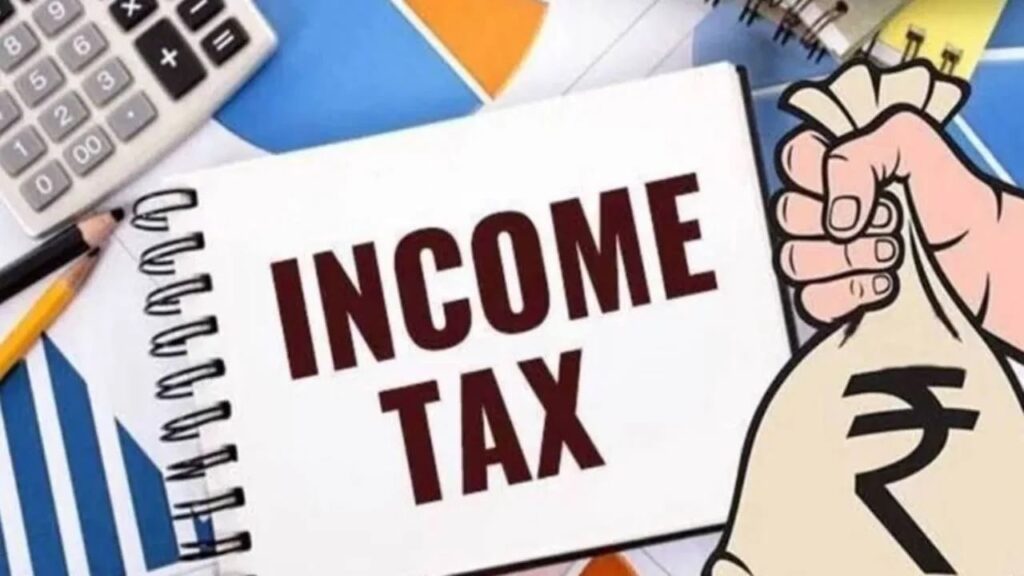Income Tax Return Updates
Introduction
The Income Tax Department has announced a significant initiative that could alleviate concerns for millions of taxpayers in India. An internal committee will be reviewing the provisions of the Income Tax Act of 1961, with the aim of eliminating unnecessary clauses and adopting best global practices to enhance compliance and efficiency. Under the leadership of Ravi Aggarwal, Chairman of the Central Board of Direct Taxes (CBDT), this committee is poised to make substantial recommendations for reform.
The Need for Review
This initiative is part of the government’s broader effort to undertake a comprehensive review of existing tax laws. The CBDT Chairman emphasized the importance of considering best practices from around the world, which can significantly streamline operations within the tax framework. The committee’s goal is to identify obsolete provisions and to take a closer look at any clauses that have outlived their relevance in the modern economic landscape.
Identifying Areas for Improvement
During a recent event commemorating the 165th anniversary of the Income Tax Department, Aggarwal stressed that the committee consists of skilled officials from across the country. The effort aims to pinpoint areas where the Income Tax Act can be improved. Furthermore, the committee is evaluating issues highlighted in recent budgets, reflecting ongoing dialogues around taxpayer grievances and legislative efficiency.
Timeline for Completion
At the event, the CBDT Chairman assured Union Finance Minister Nirmala Sitharaman that the review process of the Income Tax Act would be completed within a six-month timeframe. This timeline aligns with the Finance Minister’s announcement made last month during the presentation of the 2024-25 budget, which explicitly included plans for a thorough review of the tax laws.
What Changes Could Be Expected?
While it is still unclear what specific changes will emerge from this review, the overall expectation is for a reformative approach that may simplify the tax filing process for individuals and businesses alike. Enhanced transparency is also anticipated, which could help build taxpayer trust in the administration. Stakeholders are hopeful that the outcomes will lead to a more user-friendly tax system.
Conclusion
The upcoming reforms in the Income Tax Act of 1961 represent a pivotal moment for taxpayers across India. With a dedicated committee in place to streamline regulations and remove unnecessary burdens, the initiative promises not only to clarify existing laws but also to enhance taxpayer compliance and satisfaction. As this process unfolds, millions of taxpayers will be keen to see how these changes positively impact their fiscal responsibilities.

